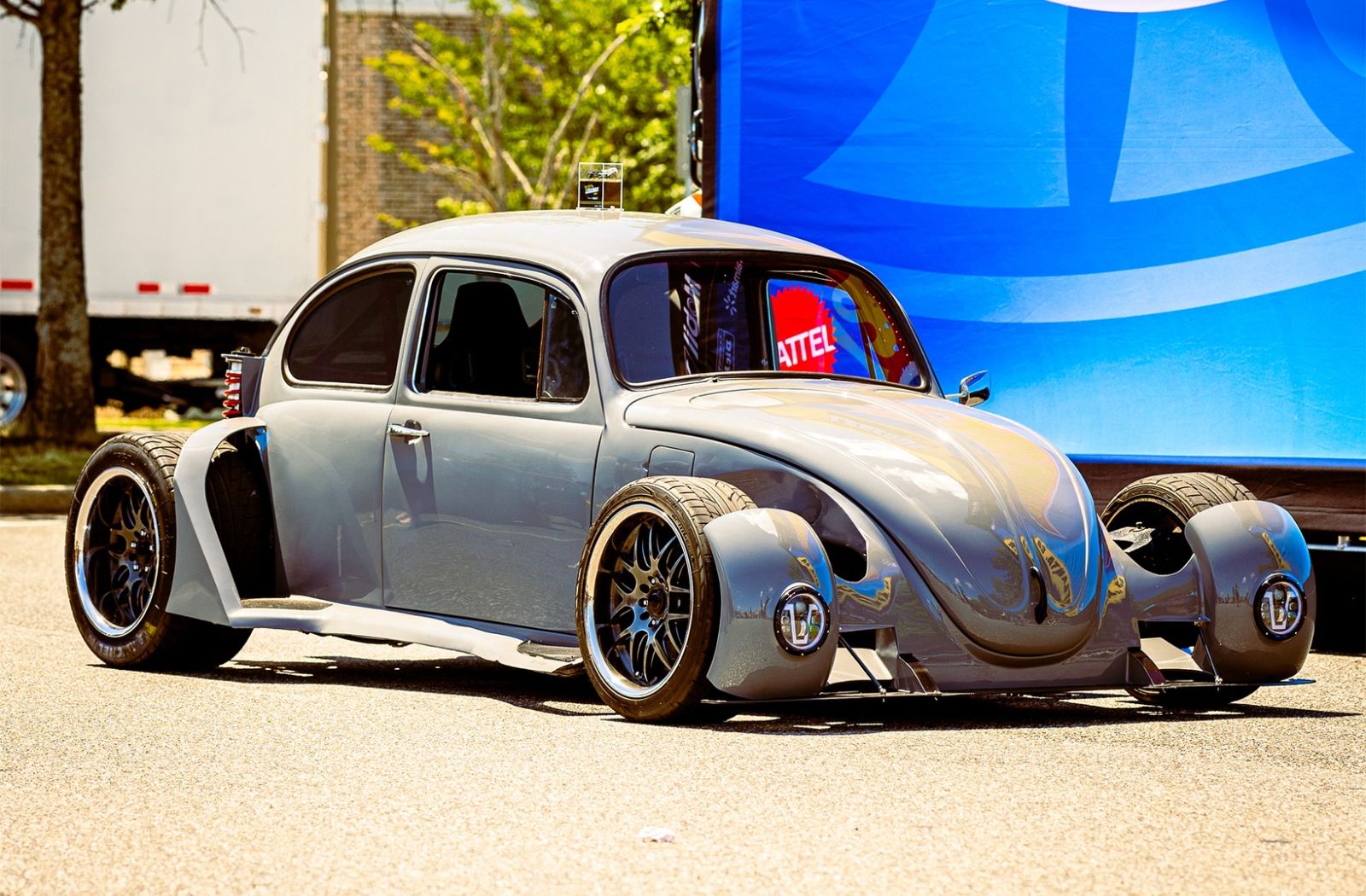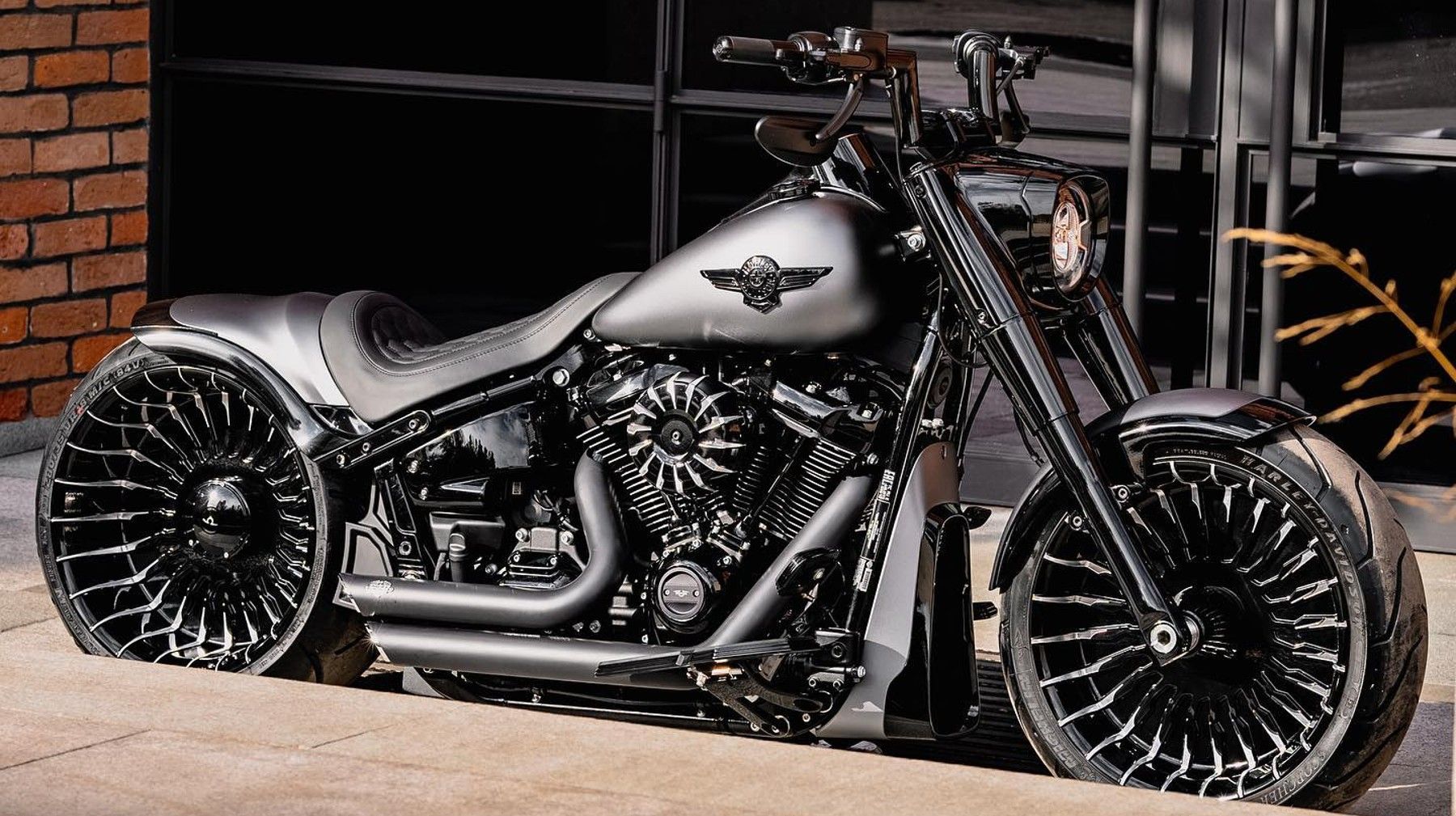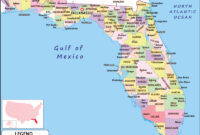Custom Food Trucks For Sale: Your Blueprint for Mobile Culinary Success sale.truckstrend.com
In an increasingly dynamic culinary landscape, the traditional brick-and-mortar restaurant model is being challenged by innovative, agile alternatives. Among these, the custom food truck stands out as a beacon of entrepreneurial spirit, offering unparalleled mobility, brand visibility, and direct customer engagement. For aspiring restaurateurs, seasoned chefs, or existing businesses looking to expand their reach, investing in a custom food truck is not just acquiring a vehicle; it’s crafting a mobile kitchen perfectly tailored to their unique vision, menu, and operational needs.
A custom food truck is precisely what its name implies: a commercial vehicle, be it a step van, box truck, or trailer, meticulously designed and outfitted with professional-grade kitchen equipment, plumbing, electrical systems, and branding, all according to the specifications of the future owner. Unlike purchasing a pre-made truck, a custom build ensures that every inch of space is optimized for efficiency, safety, and the specific culinary operations it will house. This bespoke approach transforms a mere vehicle into a highly functional, legally compliant, and powerfully branded extension of a culinary dream. The relevance of custom food trucks continues to soar as consumers crave diverse, accessible, and often gourmet food experiences outside of traditional restaurant settings, making the mobile kitchen a vital and vibrant segment of the modern food industry.
Custom Food Trucks For Sale: Your Blueprint for Mobile Culinary Success
Why Choose a Custom Food Truck? The Unmatched Advantages
Opting for a custom-built food truck offers a multitude of benefits that far outweigh the initial investment, setting the stage for long-term success and operational excellence.
Tailored to Your Culinary Vision
The most compelling advantage of a custom food truck is its precise alignment with your menu and operational flow. Imagine a gourmet pizza truck with a built-in wood-fired oven, a vegan eatery with dedicated prep stations to prevent cross-contamination, or a specialized dessert truck with custom refrigeration and display cases. A custom build allows you to select every piece of equipment, from the grill to the deep fryer, the refrigeration units to the prep surfaces, ensuring they fit seamlessly into an ergonomic and efficient layout. This prevents wasted space, streamlines workflow, and directly supports the quality and speed of your service.
Powerful Brand Identity & Marketing
Your food truck is a moving billboard. A custom design allows for a unique exterior aesthetic, from vibrant vinyl wraps to custom paint jobs and distinctive signage, making your brand instantly recognizable and memorable. This strong visual identity attracts customers, generates buzz, and reinforces your brand’s story wherever you go. Unlike a generic vehicle, a custom truck embodies your brand’s personality, transforming it into a powerful marketing tool that draws attention and builds customer loyalty.
Optimized Operational Efficiency
Every detail in a custom food truck is placed with workflow in mind. This means shorter movements for staff, logical placement of ingredients, and efficient equipment arrangement. Proper insulation, ventilation, and HVAC systems are integrated from the start, ensuring a comfortable working environment and optimal food storage temperatures. This level of optimization minimizes bottlenecks, reduces preparation times, and ultimately enhances customer service, allowing you to serve more people faster and more consistently.

Long-Term Cost-Effectiveness
While the upfront cost of a custom build might seem higher than a pre-owned, generic truck, it often proves more cost-effective in the long run. Custom trucks are built with new, high-quality components and appliances, reducing the likelihood of costly breakdowns and extensive maintenance. Furthermore, by designing the truck to your exact needs, you avoid purchasing unnecessary equipment or having to retrofit an existing space, which can be both expensive and inefficient.
Compliance & Safety from the Outset
Navigating health and safety regulations for mobile kitchens can be complex. A reputable custom food truck builder will design and construct your vehicle to meet all local, state, and national health, fire, and safety codes from the ground up. This proactive approach saves you significant headaches, potential fines, and costly modifications down the line, ensuring your truck is ready for inspection and operation upon delivery.
The Custom Food Truck Building Process: From Concept to Kitchen on Wheels
Building a custom food truck is a collaborative journey that transforms a dream into a tangible, revenue-generating asset. Understanding the key phases is crucial for a smooth and successful project.
Phase 1: Concept & Design Consultation
This initial stage is all about defining your vision. You’ll work closely with the builder to discuss your menu, target cuisine, desired daily volume, and budget. This involves brainstorming the layout, identifying essential equipment, and sketching out the interior and exterior aesthetics. The more detailed you are in this phase, the more accurate and functional the final design will be.
Phase 2: Blueprint & Equipment Selection
Once the general concept is solid, the builder will translate your ideas into detailed blueprints and 3D renderings. This is where specific equipment models (grills, fryers, refrigeration units, sinks, ovens) are chosen, ensuring compatibility with the truck’s power and space constraints. Every electrical outlet, plumbing line, and ventilation hood is meticulously planned to meet code and optimize workflow.
Phase 3: Fabrication & Construction
With approved blueprints, the physical build begins. This involves preparing the base vehicle (chassis), framing the interior, installing insulation, and laying down commercial-grade flooring. Essential systems like electrical wiring, plumbing for fresh and greywater tanks, and the robust ventilation system (including exhaust hoods and fire suppression) are integrated into the structure. Walls, countertops, and service windows are then installed.
Phase 4: Equipment Installation & Finishing
This phase brings the kitchen to life. All selected cooking appliances, refrigeration units, sinks, and prep tables are precisely installed and securely fastened. The power system (generator, propane lines, electrical panel) and water heater are connected. Finally, the truck’s exterior branding – custom paint, vinyl wraps, and signage – is applied, making your mobile kitchen truly distinctive.
Phase 5: Inspections & Delivery
Before delivery, your custom food truck undergoes rigorous testing and inspections. This typically includes a comprehensive check by the builder, followed by mandatory inspections from local health departments and fire marshals to ensure full compliance with all regulations. Once all approvals are secured, your fully operational, custom-built food truck is ready for handover, marking the exciting start of your mobile culinary venture.
Key Considerations When Buying a Custom Food Truck
Purchasing a custom food truck is a significant investment that requires careful planning and attention to detail.
- Budget & Financing: Beyond the base cost of the build, factor in initial inventory, permits, insurance, and marketing. Explore financing options like commercial loans, equipment leasing, or even SBA loans. Understand that custom builds are an investment, and quality will reflect in the price.
- Vehicle Type & Size: Your choice of base vehicle (step van, box truck, or trailer) will depend on your mobility needs, desired kitchen space, and local parking regulations. Trailers often offer more interior space for less cost but require a towing vehicle. Trucks offer greater self-sufficiency and maneuverability in traffic.
- Power Requirements: Your menu dictates your equipment, which dictates your power needs. Will you primarily use propane, or will you need a large generator for electric appliances? Consider the noise, fuel type, and maintenance of your chosen power source.
- Water & Waste Management: Adequate fresh water and greywater tank capacities are crucial for continuous operation and health code compliance. Factor in the cost of water heaters and pumps.
- HVAC & Ventilation: A powerful exhaust hood system is non-negotiable for removing smoke and grease, while a good HVAC system ensures a comfortable working environment for your staff, especially during long shifts.
- Safety Features: Ensure your truck includes a certified fire suppression system (like ANSUL), clearly marked emergency exits, non-slip flooring, and proper electrical safety measures. These are critical for staff safety and regulatory compliance.
- Local Regulations & Permitting: This is perhaps the most critical and often overlooked aspect. Health codes, fire safety regulations, zoning laws for parking and operating, and business licensing vary significantly by city and state. Research these thoroughly before starting your build to ensure your design will be compliant.
Types of Custom Food Trucks & Their Ideal Use Cases
The term "food truck" encompasses a wide variety of mobile culinary units, each suited for different business models.
- Full-Service Kitchen Trucks: The most common type, these are essentially compact restaurants on wheels, equipped to handle a diverse menu from burgers and tacos to complex entrees. Ideal for catering, festivals, and regular street vending.
- Specialty Trucks: Designed for a specific cuisine or product. Examples include:
- Coffee Trucks: Featuring espresso machines, grinders, and specialized refrigeration for milk.
- Ice Cream/Dessert Trucks: Equipped with freezers, soft-serve machines, and display cases.
- Pizza Trucks: Often boast a built-in brick or convection oven, requiring specific ventilation.
- BBQ Trucks: May include large smokers or grills, demanding robust exhaust systems and ample propane storage.
- Food Trailers: These are kitchen units towed by another vehicle. They often offer more internal space for a lower initial vehicle cost and can be detached, allowing the towing vehicle to be used for other purposes. Ideal for semi-permanent locations or events where the truck needs to be left for extended periods.
- Food Carts/Kiosks: Smaller, more compact units, typically for highly specialized items like hot dogs, pretzels, or shaved ice. They have significantly lower overhead and are ideal for high-foot-traffic areas with limited space.
Tips for a Successful Custom Food Truck Purchase
- Define Your Menu Clearly: Your menu is the blueprint for your kitchen. Every piece of equipment, every counter space, should directly support your culinary offerings.
- Research Builders Thoroughly: Look for experienced custom food truck builders with a strong portfolio, positive client testimonials, and a deep understanding of local and national regulations. Request references and visit their facilities if possible.
- Don’t Skimp on Quality: Especially for critical systems like electrical, plumbing, refrigeration, and fire suppression. Cutting corners here can lead to costly repairs, operational downtime, and safety hazards.
- Plan for Maintenance: Even new equipment requires regular maintenance. Factor in a budget for routine servicing and unexpected repairs.
- Understand Resale Value: A well-built, high-quality custom truck will retain its value much better than a poorly constructed or generic one, offering a better return on investment should you decide to sell in the future.
- Network with Other Food Truck Owners: Learn from their experiences, ask for builder recommendations, and gain insights into the daily realities of operating a mobile kitchen.
Custom Food Trucks For Sale: Estimated Price Guide
The cost of a custom food truck can vary dramatically based on size, chosen equipment, level of customization, and the builder’s expertise. The table below provides general estimated ranges for various components, offering a helpful guide for budgeting.
| Feature/Category | Description | Estimated Cost Range (USD) | Notes |
|---|---|---|---|
| Base Vehicle | Used step van, new box truck chassis, custom trailer, etc. | $15,000 – $80,000+ | Used vehicles can reduce initial cost but may require more maintenance. New chassis offers reliability. Trailers often more affordable than self-powered trucks. |
| Kitchen Build-Out | Framing, insulation, walls, flooring, plumbing, electrical, ventilation, sinks, service windows, countertops. | $40,000 – $120,000+ | This is the core conversion cost. Includes structural work, interior finishing, and integration of essential utilities. Higher quality materials and complex layouts increase this cost. |
| Cooking Equipment | Grills, fryers, ovens, ranges, griddles, steam tables, specialized appliances (e.g., pizza oven, smoker). | $10,000 – $60,000+ | Dependent entirely on your menu. Commercial-grade, NSF-certified equipment is essential for durability and health code compliance. Specialized equipment can significantly drive up costs. |
| Refrigeration | Undercounter fridges, upright freezers, prep tables with refrigeration, cold wells. | $5,000 – $25,000+ | Crucial for food safety. Number, size, and type of units (reach-in, walk-in, pass-through) impact the total. Energy efficiency should be a consideration. |
| Power System | Generator (propane/diesel), inverter, batteries, shore power hookup, electrical panel. | $3,000 – $15,000+ | Sizing depends on the total electrical load of your equipment. Diesel generators are generally more expensive but offer better fuel efficiency and longevity for heavy use. |
| Water System | Fresh and greywater tanks, water heater, pump, filtration system, multiple sinks (handwash, 3-compartment). | $1,500 – $5,000+ | Tank capacities are often dictated by local health codes. Adequate hot water supply is essential. |
| Fire Suppression | ANSUL system, fire extinguishers, emergency cut-offs. | $2,000 – $8,000+ | Mandatory for most commercial kitchens on wheels. This includes the system itself, installation, and certification by fire marshals. |
| Exterior Branding | Vinyl wrap, custom paint, LED signage, menu boards, graphics. | $3,000 – $15,000+ | A vital marketing investment. Full custom wraps are more expensive than partial wraps or paint jobs but offer maximum visual impact. |
| Permits & Fees | Health department permits, fire marshal inspections, zoning permits, business licenses, annual renewals. | $500 – $5,000+ | Varies significantly by city, county, and state. Research local requirements early. |
| Miscellaneous | POS system, smallwares (utensils, pots, pans), initial inventory, uniforms, marketing materials. | $2,000 – $10,000+ | Essential operational items not directly part of the truck build but necessary to start your business. |
| Total Estimated Range | Basic/Entry-Level Custom Food Truck | $75,000 – $150,000 | Smaller base vehicle, essential equipment, simpler interior finishes, basic branding. Good for specialized, less complex menus. |
| Mid-Range/Standard Custom Food Truck | $150,000 – $250,000 | Medium-sized vehicle, good quality commercial equipment, efficient layout, moderate customization and branding. Suitable for diverse menus and higher volume. | |
| High-End/Premium Custom Food Truck | $250,000 – $400,000+ | Large vehicle or custom trailer, top-tier commercial equipment, extensive customization, advanced features (e.g., walk-in fridge, specialized ovens), premium finishes, elaborate branding. Designed for high-volume, complex operations. |
Note: These figures are estimates and can fluctuate based on market conditions, material costs, labor rates, and specific design choices.
Frequently Asked Questions (FAQ) about Custom Food Trucks For Sale
Q1: How long does it typically take to build a custom food truck?
A1: The timeline can vary greatly depending on the builder’s schedule, the complexity of your design, and equipment availability. Generally, a custom build can take anywhere from 3 to 9 months from initial consultation to final delivery.
Q2: Can I finance a custom food truck?
A2: Yes, financing options are available. Many traditional banks offer commercial vehicle loans or equipment loans. There are also specialized lenders who focus on food truck financing. Small Business Administration (SBA) loans can also be a viable option for qualified applicants.
Q3: What permits and licenses do I need to operate a custom food truck?
A3: This is highly location-dependent. You will typically need a business license, health department permits, fire marshal approval, and potentially specific zoning or street vending permits. It’s crucial to research and understand the regulations in every municipality you plan to operate in before starting your build.
Q4: What’s the main difference between a custom food truck and a custom food trailer?
A4: A custom food truck is a self-contained unit (e.g., a step van or box truck) that drives itself. A custom food trailer is a separate unit that needs to be towed by another vehicle. Trailers often offer more interior space for the cost and can be detached, freeing up the towing vehicle. Trucks offer more maneuverability in traffic and don’t require a separate towing vehicle.
Q5: What type of vehicle is best for a food truck?
A5: The "best" type depends on your specific needs. Step vans are popular due to their ample interior space and relatively easy maneuverability. Box trucks offer even more space but can be larger. Trailers are good for businesses that want a larger kitchen or plan to operate in semi-permanent locations. Consider your menu, operating locations, and budget.
Q6: How do I ensure my custom truck meets health codes?
A6: Work with a reputable custom food truck builder who has extensive experience with health department regulations in your target operating areas. They should design and build your truck with NSF-certified equipment, proper handwashing sinks, a 3-compartment sink, adequate fresh/greywater tank capacities, and appropriate ventilation and fire suppression systems, all compliant with local codes.
Q7: Can I provide my own kitchen equipment for the build?
A7: Some builders allow this, but it’s often more efficient and cost-effective to let the builder source the equipment. They often have established relationships with suppliers and can ensure compatibility and proper installation. If you do provide your own, ensure it’s commercial-grade, NSF-certified, and in excellent working condition.
Conclusion
The journey to acquiring a custom food truck is an exciting one, paving the way for a unique culinary venture. By meticulously planning every aspect, from the specific layout of your kitchen to the vibrant branding on its exterior, you’re not just buying a vehicle; you’re investing in a mobile, highly efficient, and powerfully branded business asset. While the process demands careful consideration of budget, regulations, and design, the unparalleled advantages of a tailor-made mobile kitchen—its operational efficiency, brand visibility, and adaptability—make it an increasingly popular and lucrative path for culinary entrepreneurs. With the right vision, a reliable builder, and a commitment to quality, your custom food truck will not just serve food; it will serve success, bringing your culinary dreams directly to the streets and into the hearts of your customers.



